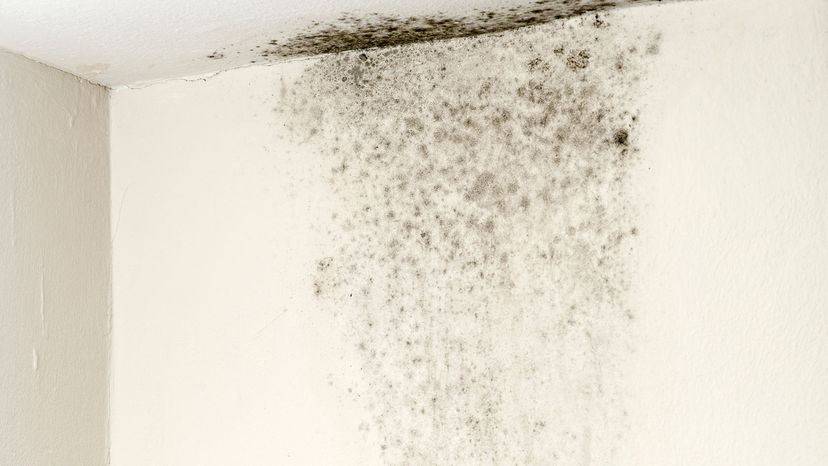A notorious reputation precedes "black mold," or its more terrifying name, "toxic black mold." Many are quick to ask, "Can black mold kill you?"
When most people shudder at "black mold", they're usually thinking of Stachybotrys chartarum, a greenish-black mold. Yes, it sounds villainous, but the truth isn't so black and white. Research has linked it to serious health problems like mycotoxicosis (mold poisoning). Yet, science still debates its potency.
For instance, a 2017 report published in Clinical Reviews in Allergy & Immunology challenges the fear, stating no firm evidence ties visible mold exposure, especially black mold, to vague symptoms like memory loss or serious health problems such as infant pulmonary hemorrhage.
Everyone reacts differently to mold. Exposure might be harmless for some, but for others — especially those with mold allergies, asthma, preexisting lung conditions or a compromised immune system — it can spell trouble.
In fact, certain people with these conditions might experience symptoms ranging from runny noses to breathing difficulties after black mold exposure.

